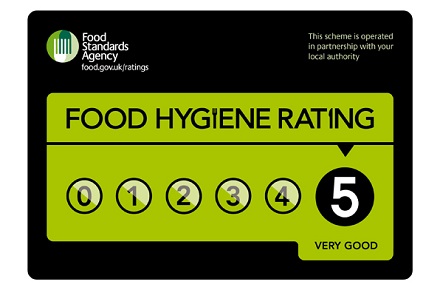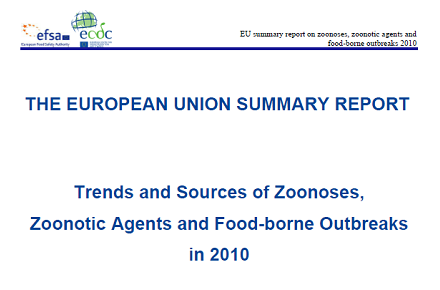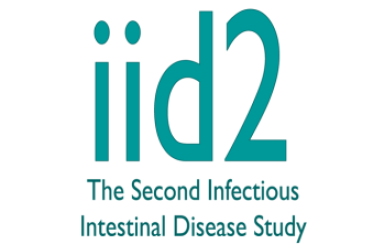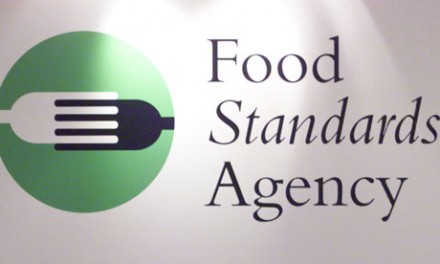
Food Safety: FSA publish research on FHRS
The Food Standards Agency has published two pieces of research that assessed the level of voluntary display of its food hygiene schemes in the UK.

The Food Standards Agency has published two pieces of research that assessed the level of voluntary display of its food hygiene schemes in the UK.

The European Food Safety Authority (EFSA) and the European Centre for Disease Prevention and Control (ECDC) have published their annual report on zoonoses and food-borne outbreaks in the European Union for 2010. The report shows that Salmonella cases in humans fell by almost 9% in 2010, marking a decrease for the sixth consecutive year. Salmonella prevalence in poultry is also clearly declining at the EU level.
The Agency’s latest public attitudes tracker shows that the main food safety issue people continue to be concerned about is food hygiene when eating out. Other issues include food poisoning and the use of additives in food.

EFSA’s Panel on Biological Hazards (BIOHAZ Panel) concludes in its risk assessment that the most effective public health measures to protect consumers from exposure to norovirus in oysters are to produce oysters in areas which are not contaminated or to prevent contamination of mollusc production areas.

According to new research published by the Food Standards Agency (FSA), nearly 17 million people suffer from stomach upsets in the UK every year, leading to about 11 million lost working days. The study, which is the biggest of its kind for more than 10 years, looked at the impact of all cases of infectious intestinal disease (IID)

The Food Standards Agency (FSA) has published a review of existing studies that explore how people manage food safety in their homes and what implications these behaviours could have on their health.